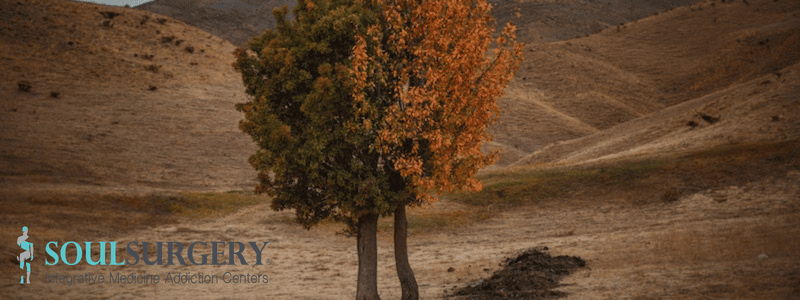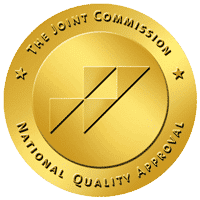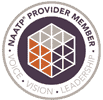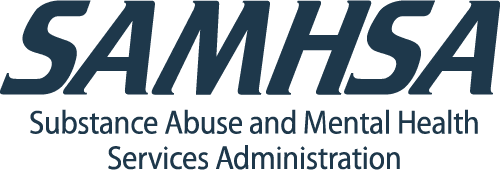
Recognizing Signs of Substance Abuse



The National Institute on Drug Abuse reported a rise in drug overdose deaths from 2019 to 2020, with 91,799 deaths reported in 2020.
America as a nation has been “at war” with drugs for generations. The problem has continued to grow and negatively impacts virtually every family in America in one way or another.
According to the National Survey on Drug Use and Health, 19.7 million adults who call this nation home were battling a substance disorder in 2017. In addition to the loss of life, it costs the country $740 billion annually because of various issues due to drug abuse.

Unfortunately, individuals who misuse drugs, including substance abuse of any kind, whether prescription drug abuse, alcohol abuse, or illicit substance addiction, are not always easy to spot.
Addicts are skilled at hiding their substance abuse. Many feel ashamed and want to quit but don’t know how to admit they have a problem or how to ask for help. These reasons make the ability to recognize a substance use disorder so important.
As a loved one, you realize there is a problem; this is often the first step toward addiction recovery. It brings the addiction out into the open, away from the shadows of shame, allowing them to get the help they desperately need.
Look for these common physical signs of drug abuse or alcoholism:
There are common behavioral signs that your loved one could have a substance abuse problem.
While not everyone exhibits these traits, addicts across the board have experienced the following behaviors:
Substance abuse isn’t a cheap habit, and it’s illegal. Therefore, addicts are often deeply in debt, manage their money poorly, and are often in trouble with the law.
Substance abuse alters an addict’s personality, making them do and say things they would never say if in their right mind. Mood swings and negative behavior can cause many relationship problems, leading to breakups and fights among couples, friends, or family members.

An addict only cares about getting their next fix. All else, including their responsibilities to their home and family, are often pushed to the side.
An addict who previously performed well at school or work might suddenly drop off, meaning their grades plummet and they are getting into trouble or falling behind at work. This could indicate a substance abuse issue.
Addicts don’t want their problem exposed, so they hide their social lives from their sober family and friends. This can lead them to withdraw from normal relationships and social activities.
Substance abuse alters the way the brain processes information. This means they might do things they would never normally do, like driving under the influence, stealing, or engaging in other illegal or risky activities.
What motivated or engaged an addict before their addiction will probably become boring to them after. They might struggle to remember basic things or make simple decisions. This can also look like arising mental health problems such as frequent anxiety or low mood.
If you suspect your loved one is struggling with substance abuse, call us at (833) 251-2537.
We’ll implement an addiction treatment plan right for your loved one so that they may begin their journey to a drug-free life of long-term recovery.
Published On: June 2, 2020
Updated On: November 14, 2022







Take the first step in your journey to recovery.
"*" indicates required fields